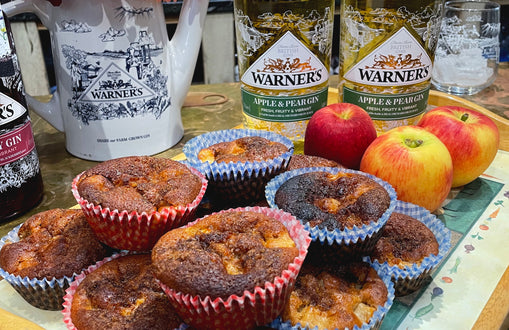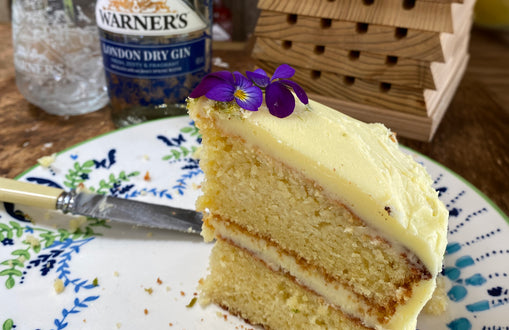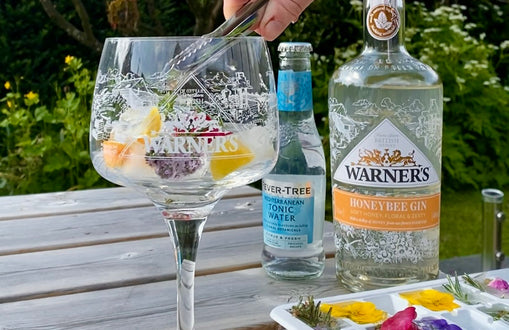Saving Britain’s Hedgerows
Saving Britain's Hedgerow
Bursting with raspberries, blackberries and joy, our Raspberry gin is inspired by our home at Falls Farm and the countryside that surrounds us. Evoking memories of country walks, harvesting nature’s summer bounty on a balmy afternoon, our gin tells the story of farming heritage and traditions.
Biodiversity plays a huge role in the production of our gins; from the hedgerows that we forage, to the fields we cultivate for growing botanicals, nature has an incredibly important role to play. Without Mother Nature, we wouldn’t be able to produce a single bottle of our 100% natural farm-grown gins, which is why we’ve been focusing on the importance of hedgerow habitat, including declining species affected by poor habitat management and the direct removal of hedgerows from the landscape.
We’ve been partnered with the Peoples Trust for Endangered Species (PTES), to help raise awareness among our customers, helping to fund the development of new tools the public can use to assess the condition of hedgerow conditions across the UK (https://hedgerowsurvey.ptes.org/). Poor management of hedgerows results in fragmentation or the complete loss of habitat, impacting massively on wildlife that call them home. In the agricultural landscape, hedgerows are one of the last semi-natural habitats left, providing a space to breed and feed. Understanding how well a hedge is managed is critical in providing much needed habitat amongst monocultures of raw materials we rely on such as grain.
Species such as the hazel dormouse, which features on the bottle etch of our Raspberry gin, are one of our fastest declining UK mammals. These charismatic species rely on networks of well managed hedgerows, so understanding where these mammals are and monitoring population trends are critical for the survival of the species. This is why Warner’s has directly helped fund the National Dormouse monitoring program
We rely on hedgerows for many of our 100% natural products; from harvesting sloes from blackthorn hedges in autumn for the production of our Sloe gin, gathering fresh blossoming elderflower from local hedgerows in the summer for our Elderflower gin, or encouraging hedgerow blossoms for our 1.2 million honeybees to forage.




